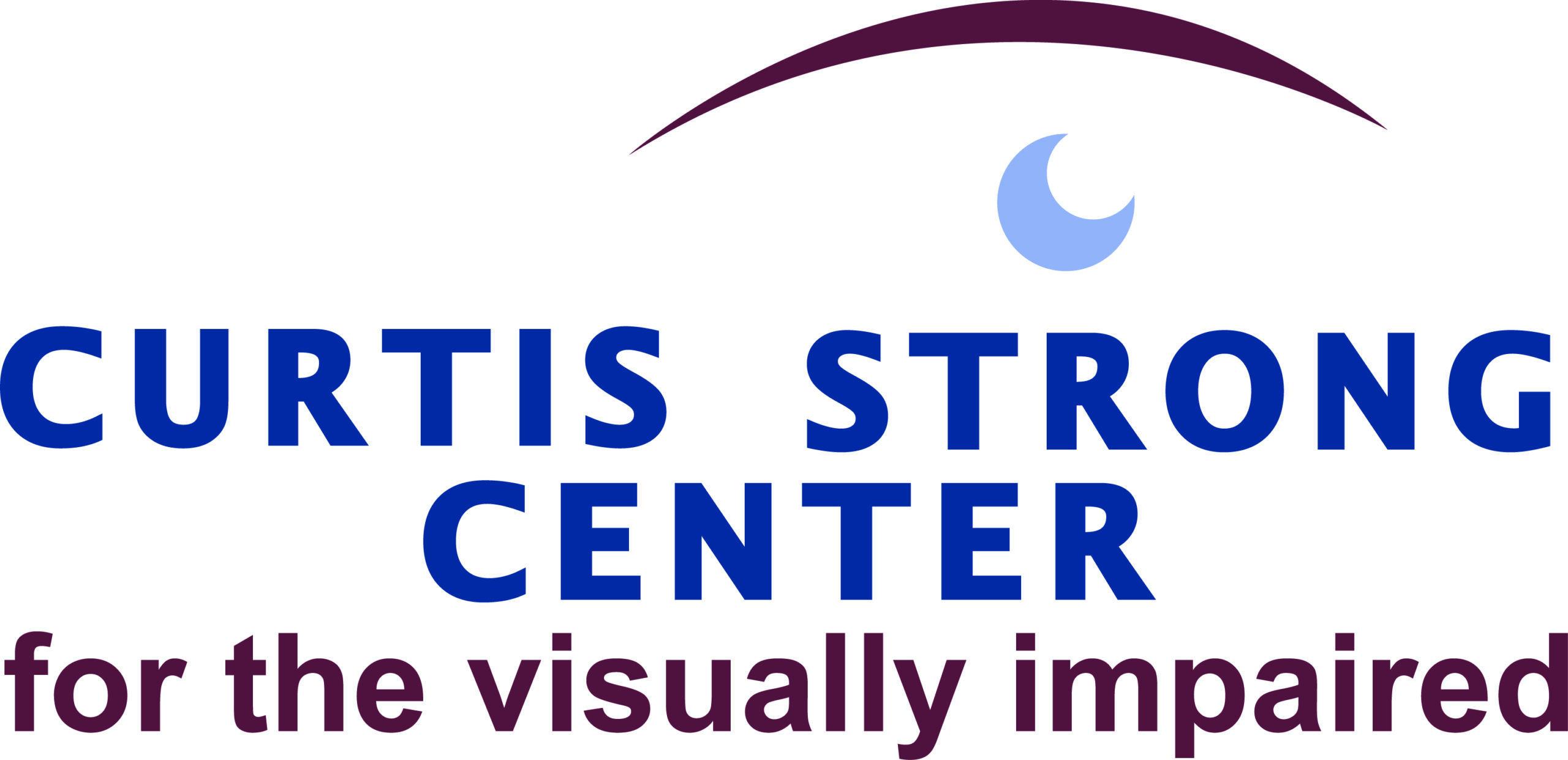When I talk to people participating in our Adapting to Vision Loss program the question people most often raise is “How do I talk to people in public?” They feel awkward about asking for help, unsure of how to do it, uncertain if it is a good idea to tell people they have limited sight. It can be challenging to be assertive, to be the one who has to inform others about the nature of their vision loss and how it affects them in a particular situation. It takes energy to guide others and to teach them how to be of help (and what is not helpful).
At the same time, informing others about your low vision and your needs can be empowering. It can lead to better understanding and greater connection with others and for the wider community as the individual who encounters you shares their new awareness in encounters with other people. Those who have not known someone with a vision impairment often feel awkward around people with low vision, but with a little experience and education, they become more at ease. They can respect the many ways that individuals with low vision adapt, the skills they master to do tasks in new ways. And let’s face it, we all like to help others. Helping people understand your situation, needs, and desires enhances the connection and wellbeing in the community.
While I’ve heard good pointers on self-advocacy and talking to the public about one’s vision loss, I decided to look online for more. I found some excellent advice in the form of articles, videos, and podcasts. Here are a few sources:
APH Connect Webinars
(adapted from APHConnect website) Hannah Fairbairn discusses the problem with eye contact, smiling, and nodding for people with low vision. It may be confusing not knowing whether someone is responding or not, but learning self-advocacy by using a “speak up” style can help. Learn about the need to grieve first, value oneself, and gain social confidence. Identify how to speak in a firm, positive, and specific way.
When You Can’t Believe Your Eyes: Self-Advocacy and Low Vision
Assertiveness Training
This lesson series instructs students to communicate assertively as an alternative to passive or aggressive communication. Assertive communication is built on a foundation of self-respect and respect for others. The lesson discussions and exercises equip students to acknowledge their interests, desires, and concerns; advocate for what is important to them; manage conflicts; establish boundaries; and decline requests.
Visionaware.org
My Perspective on Educating the Public on Your Vision Loss
Blog by Empish J. Thomas
Empish Thomas talks about how she communicates in public and the advantages of asserting oneself and educating others.

